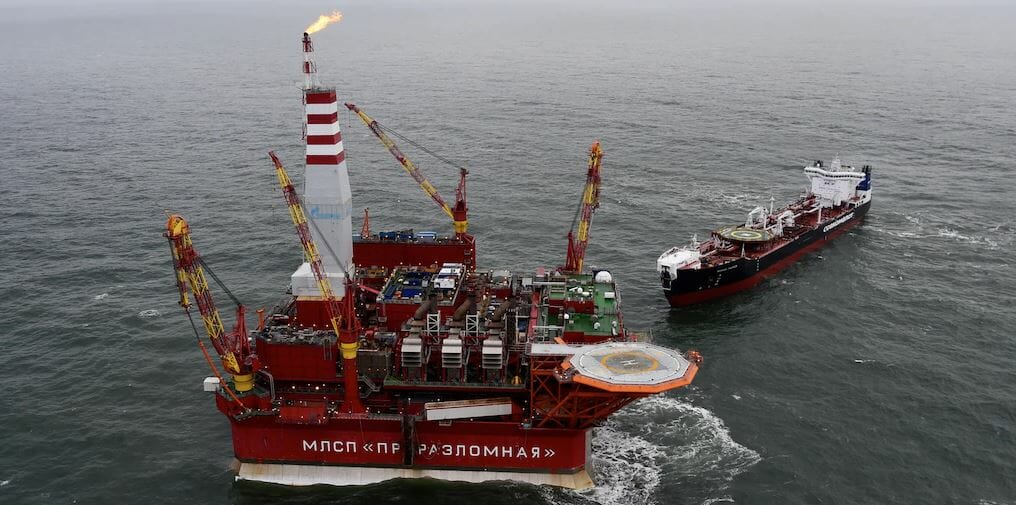Get Ready for Potentially Low Gas Prices
Amidst discussions within OPEC+, two major oil players, Russia and Saudi Arabia, found themselves in a heated dispute. Russia initiated the conflict by declining to participate in OPEC’s proposal to reduce oil production to address the decreased demand triggered by the coronavirus’s impact on travel.
Saudi Arabia responded by threatening to ramp up its oil production to 12.3 million barrels per day through Saudi Aramco. This move, if executed, would not just break records but also oversaturate the market, leading to a drop in oil prices. Russia stood firm by announcing its intention to increase production by 500,000 barrels daily. Both countries have signaled their intent to boost production once the current OPEC agreement concludes on April 1.
As a consequence of these tensions, crude oil prices recently plummeted to their lowest level since 1991. Given the significant role oil prices play in reflecting economic conditions, these low prices could have widespread adverse effects on the global economy. Despite the discord, there is a possibility for reconciliation. Russia has expressed readiness to engage in further discussions with OPEC, but any negotiations would have to wait until the next formal meeting scheduled for May or June.
Russia’s Energy Minister, Alexander Novak, addressed the possibility of renegotiation on Russian television, stating, “I want to emphasize that the door is not closed. If necessary, we have various strategies at our disposal, such as adjusting production levels, and we can arrive at new agreements.”













































